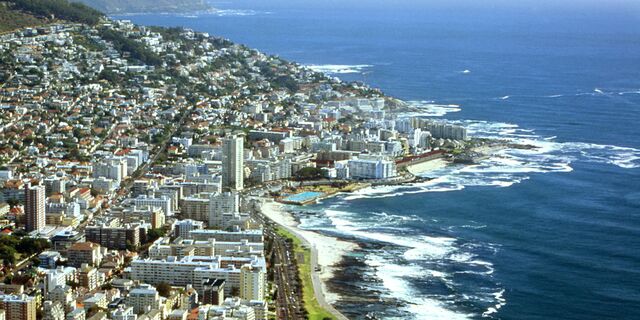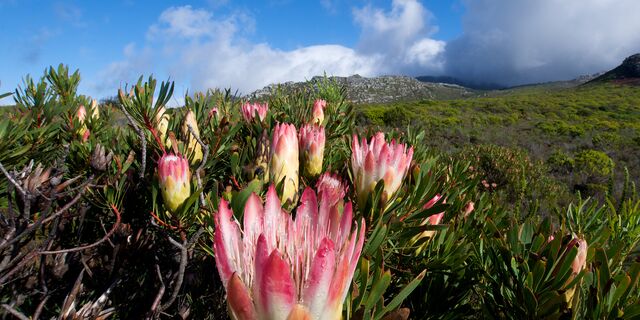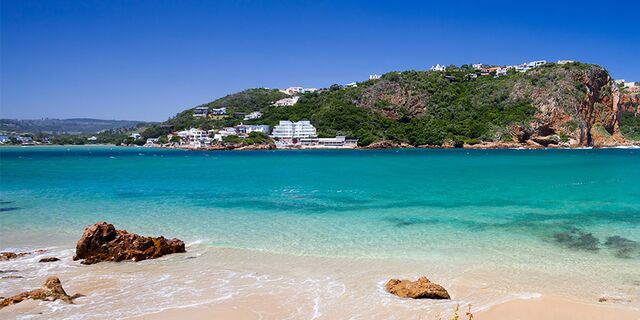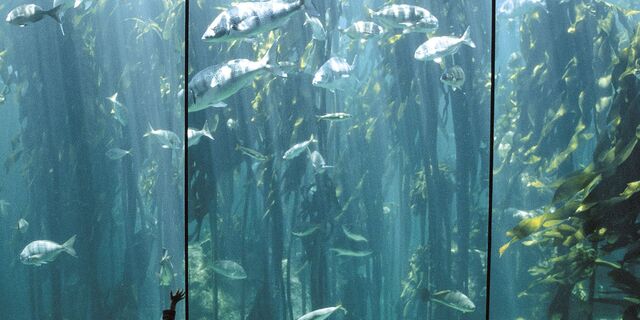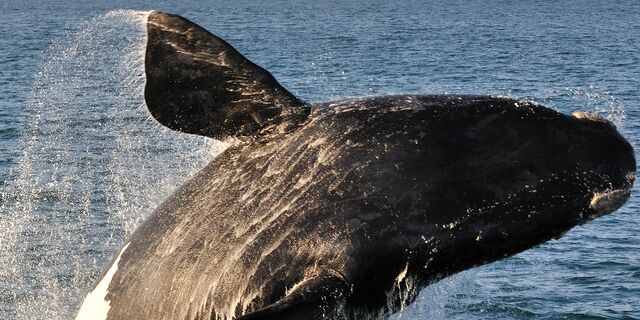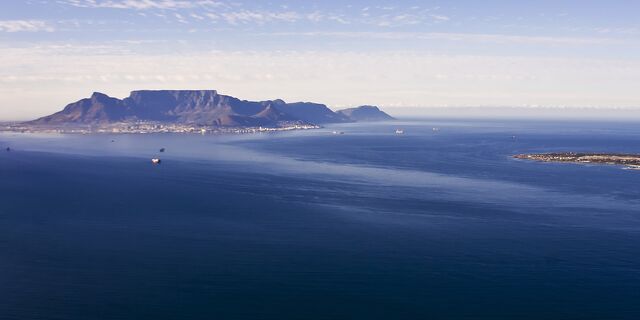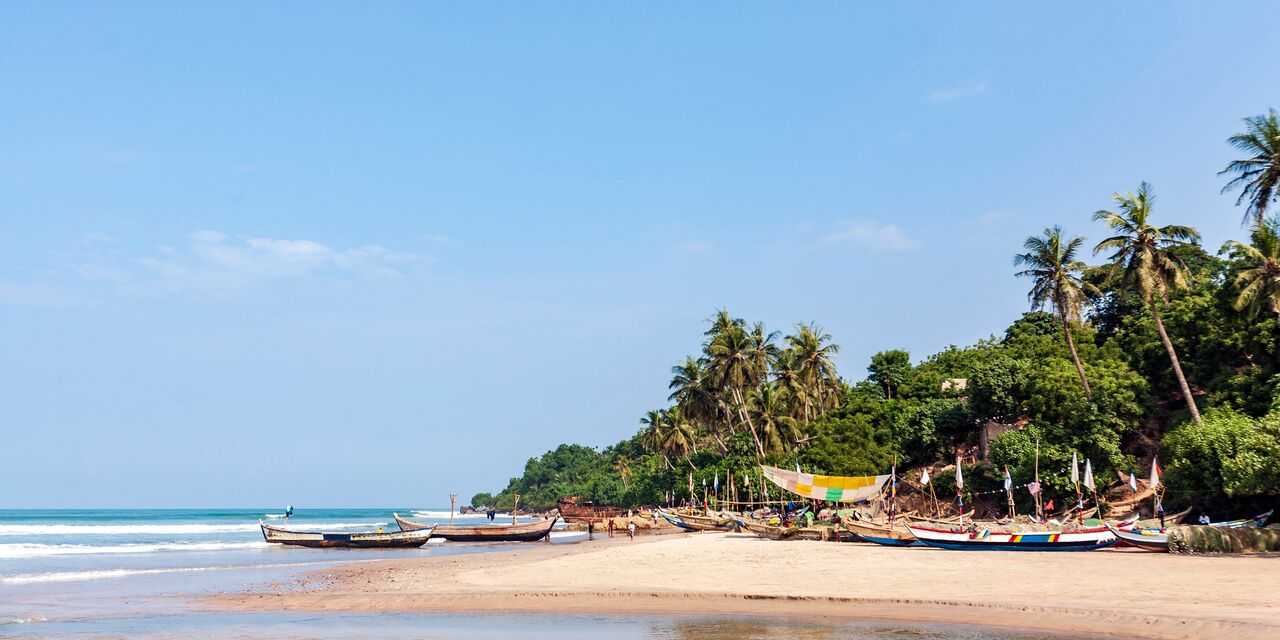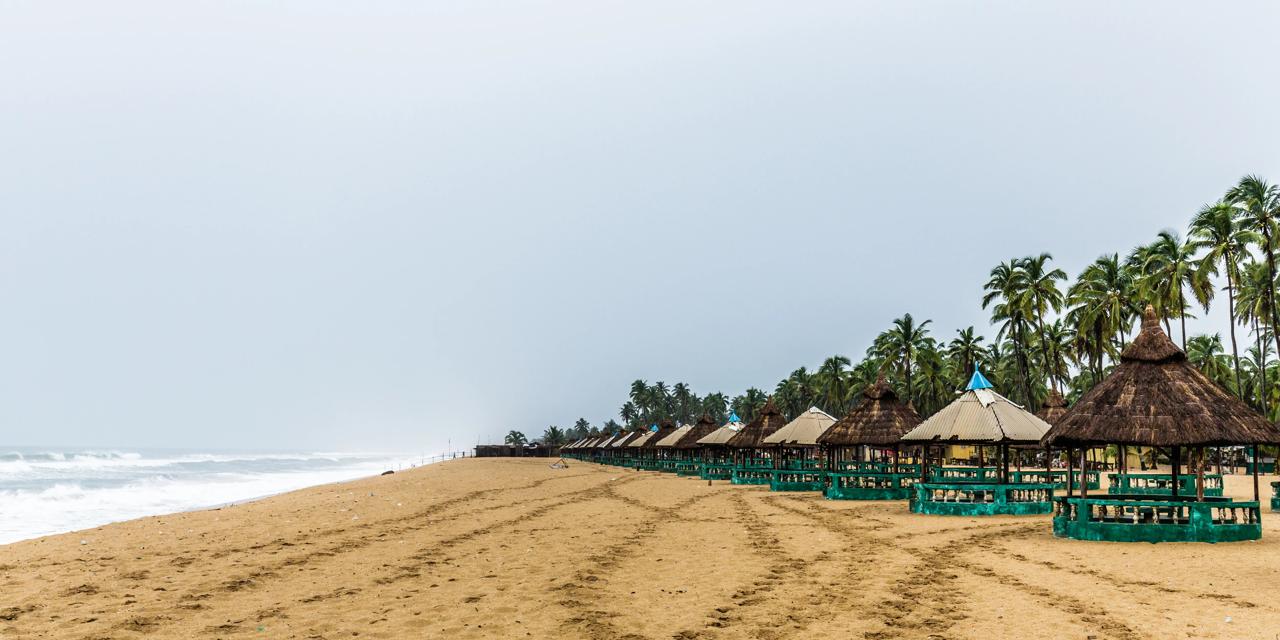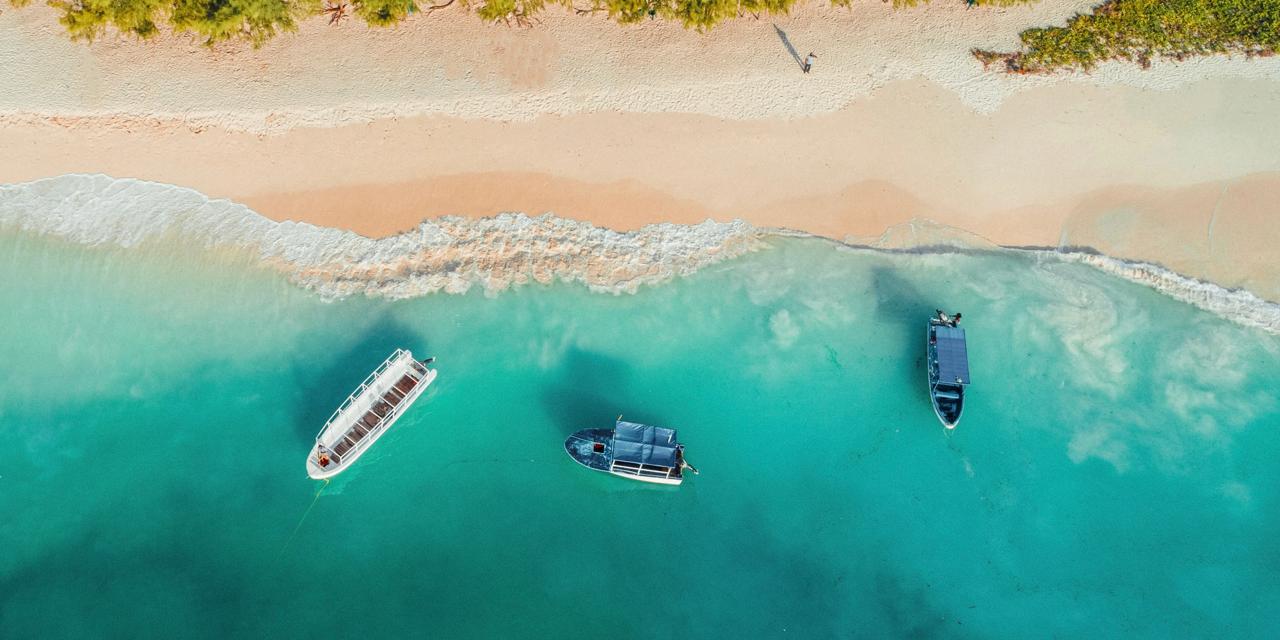The beauty of Cape Good Hope
Sweeping vistas, steep cliffs and a silence that is only interrupted by the angry waves that crash against the rocks. It is quite obvious why Cape Good Hope was originally named ‘Storm Cape’ by Portuguese explorer Bartolomeu Diaz, the first European to sail by here in 1488. In the 15th century ships often ran into trouble in this region.
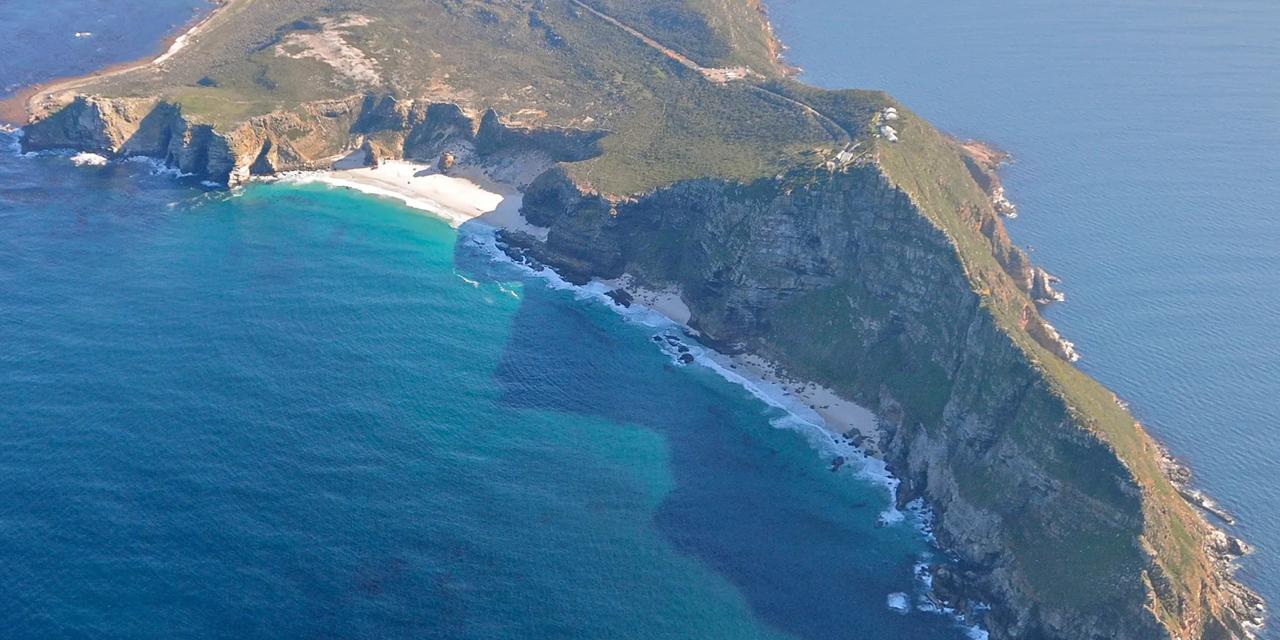
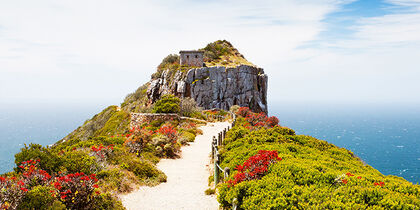
Sweeping ocean views
The drive from Cape Town to Cape Good Hope is beautiful. The cape is part of Table Mountain National Park, a nature reserve with a great diversity of flora and fauna and many beautiful hiking routes. Bird watching fans will be in heaven: the region is home to more than 250 bird species. The entrance to the park is still 12 kilometres from Cape Point, the best known spot of Cape Good Hope. This impressive cliff boasts a large platform with a spectacular ocean view. Here you will also find the landmark lighthouse dating back to 1859. The construction of this lighthouse was much needed as visibility around the Cape (especially during fog) was and still can be quite poor. No less than 23 ships have sunk here, including the legendary ghost ship The Flying Dutchman that perished in 1641. Legend says that this phantom ship still haunts the Cape during stormy weather.
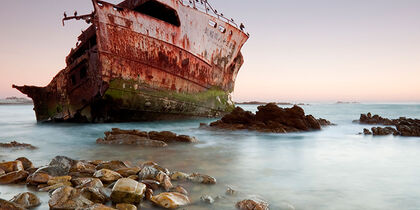
Cable car to the lighthouse
Fortunately there is also a less ghostly Flying Dutchman: the cable car that carries visitors from the parking lot to the lighthouse, 249 metres above sea level. Between June and November whales are often spotted from Cape Point. There are also several shipwrecks nearby. The remains of various ships can be seen from Olifantsbos Point and Buffels Bay.
Discover other destinations in Africa
*The displayed prices are for one adult. All amounts are in EUR including taxes and surcharges, except where taxes are collected locally at the airport. A booking fee is not applicable, but a payment surcharge may apply. Prices and availability may change without notice, see KLM price display for more information.
The weather forecast information is provided by World Weather Online. Air France-KLM is not responsible for the reliability of this data.


